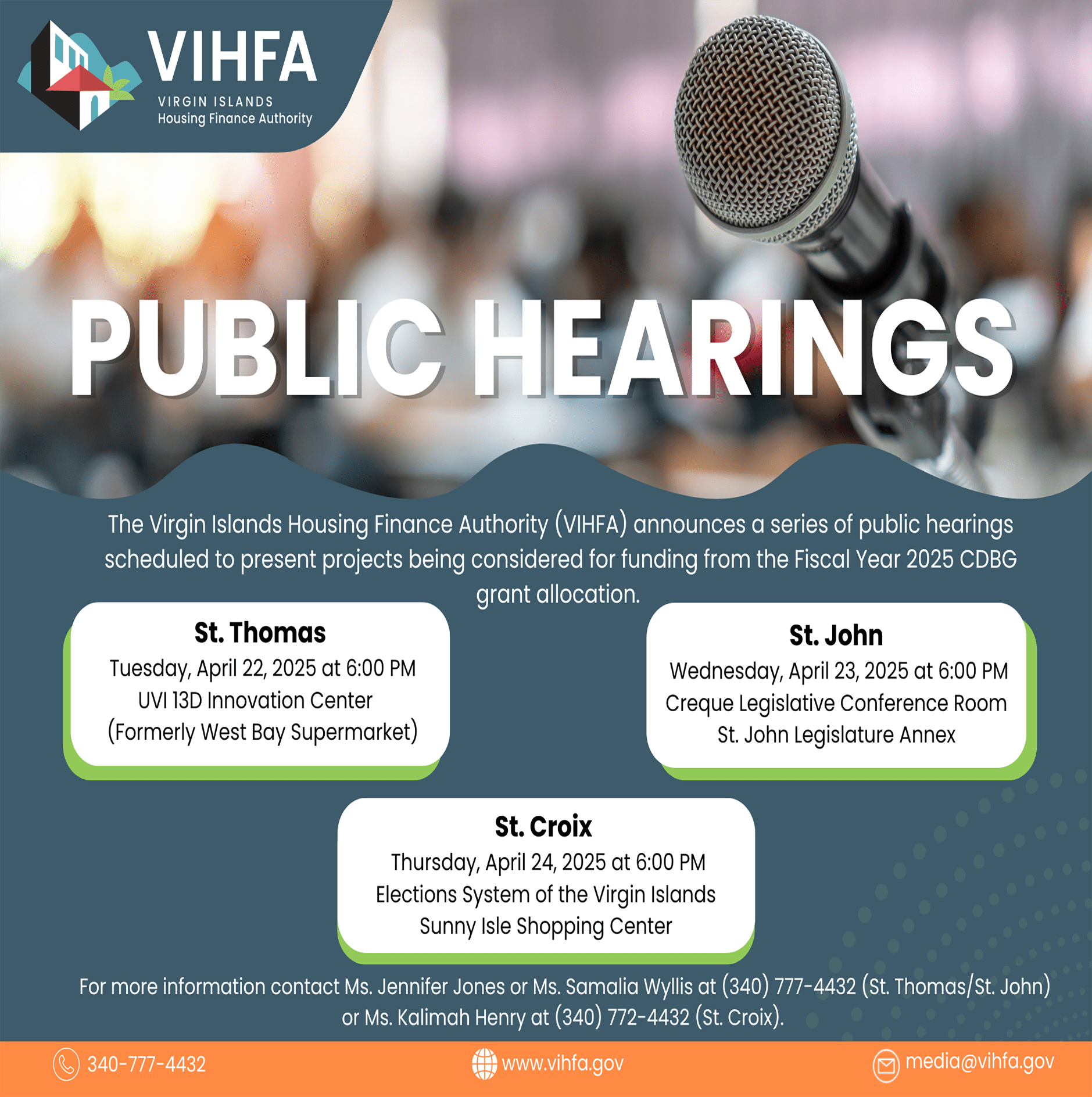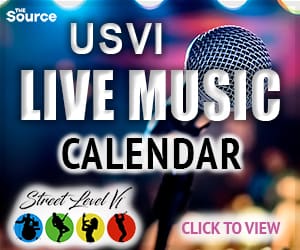
The task set before delegates to the Sixth V.I. Constitutional Convention is to produce its own governing document by October. If the process is completed and approved, the territory will take an important step toward self-determination; it will also be poised to replace the Revised Organic Act — approved by Congress in 1954.
On Tuesday some elected leaders — lawmakers and delegates — expressed their views on what success will look like if the sixth try in 60 years produces the desired result. Most of the 15 convention delegates are joining the effort for the first time, but four have served before.
Rupert Ross Jr. — a delegate to three conventions — said what he wants most this time around is a shared purpose. “These islands were not the way they are today when I came into this world. People worked to shape it the way it is today,” Ross said.
John Canegata said there were many reasons why he didn’t want to serve in this elected office, but one that compelled him to do so — to get a governing document created, approved and set in place.
Imani Daniel, one of three new generation leaders, said she wanted to work with delegates based on a shared purpose. Change will not be easy, she said, and it will not come quickly.
“I wish I could, but I cannot promise tomorrow,” Daniel said.
Akima Richardson said she hoped to avoid acrimony along the way. “We have a major role to play; I hope our fellow delegates can put our existing or preexisting differences aside,” Richardson said.
Ronald Russell expressed confidence that the sixth convention delegates would complete their task. “I believe we are going to adopt a Constitution for the Virgin Islands expressing the values, the aspirations of the people of the Virgin Islands, and producing a Constitution they can be proud of,” Russell said.
David Silverman said he wanted to help produce a forward-facing Constitution “that will serve the people of the Virgin Islands and most of all the millennials and the youth who will be the beneficiaries of what we do here,” he said.
Stedmann Hodge Jr., a returning delegate, said he wanted his colleagues to benefit from his past experience. “I’m going to feed you information. I’m going to counsel you and guide you,” Hodge said.
Lydia Hendricks spoke with frustration about past efforts that fell short. “This is a short-term process, and I believe we can make a difference if we work collectively. I believe this Sixth Constitutional Convention will be our last,” Hendricks said.
Rudel Hodge Jr. — a new generation delegate — described his hoped-for end product as, “an inclusive, forward-thinking Constitution for the entirety of the V.I. that addresses the needs of the present and the future.”
Arturo Watlington Jr. said he hoped the young people take their duties as delegates seriously.
Thirty-sixth Legislature President Milton Potter said he hoped the delegates would work in the territory’s best interest. “The new Constitution, I hope, will be more relevant to being a U.S. territory in 2025,” he said.
And legislative staffer Shawna Richards placed her hopes for a process free of the rancor that derailed other conventions.
Delegate to Congress Stacey Plaskett said she’d like to see a document that could satisfy federal standards. “It cannot controvert the U.S. Constitution. Previous versions of the V.I. Constitution were rejected by Congress because of provisions that controverted the Constitution,” the delegate said.










